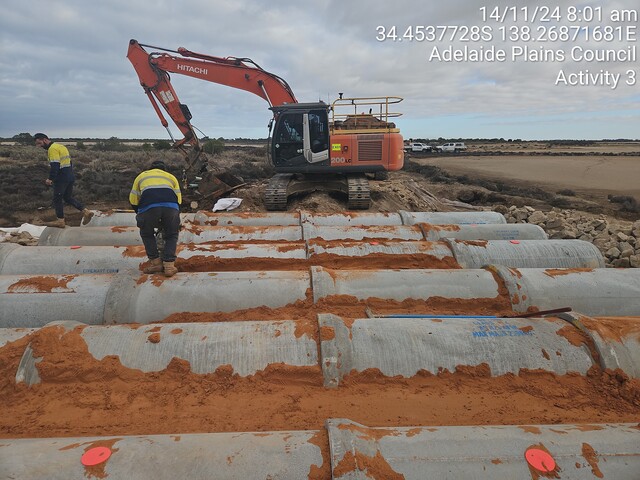Matching training to people is not a simple matter. Steven Dahl* examines how candidate assessment can be valuable in developing the best training programs for new recruits.
Candidate screening tools such as psychometric assessments are increasingly used to select job applicants by assessing their potential job performance, job satisfaction and personality characteristics. The value of these sophisticated assessments extends beyond the recruitment phase: the results can also be extremely useful when designing the best training programs for these new recruits.
Cognitive ability assessment
This is an excellent predictor of a person’s learning potential. It can be used to identify who will tend to acquire more job knowledge and apply it more rapidly and therefore benefit most from training (ie those with higher cognitive ability)**. Because cognitive ability assessments generate comparable results, employers can identify and group recruits with similar levels of ability, and structure training to meet their particular learning needs.
Work preference profiling
This measures the potential of a candidate to ‘fit’ well within a specific position. Typically, Work Preference Profiles compare the candidate’s individual preferences for certain types of work against a position’s requirements as specified by the employer.
In addition to ensuring employers are putting ‘round pegs in round holes’, this initial analysis of the position by the employer can be extremely useful in developing and fine-tuning an accurate job description, and in identifying exactly what types of roles and tasks the position entails. This data can be a valuable resource for the trainer to ensure programs are designed to meet the specific needs of the position.
Behavioural profiling
This is one of the most useful assessments for tailoring training programs to individuals. This assessment examines such things as an individual’s work style, temperament and communication style. From a training perspective, the results of a person’s behavioural profile can assist in identifying training needs relating to management, leadership, communication and interpersonal skills. Because an assessment such as Onetest’s Behavioural Profile also looks at the keys to managing and motivating the person, the results are also helpful when training supervisors or managers of new recruits.
In addition to helping an employer select the right people for the job, candidate assessments are valuable tools for ensuring new recruits receive the most appropriate training. By understanding new recruits better in terms of their ability, preference and work behaviour, employers can more effectively tailor courses to the needs of each individual, and maximise their training investment.
* Steven Dahl is founder and managing director of Onetest Pty Ltd, an Australian online employment assessment company. Contact Onetest on 1300 137 937 or www.onetest.com.au.
** See Steven’s articles in the February and May 2001 issues of Local Government FOCUS for further information on candidate assessment, particularly cognitive ability testing.







